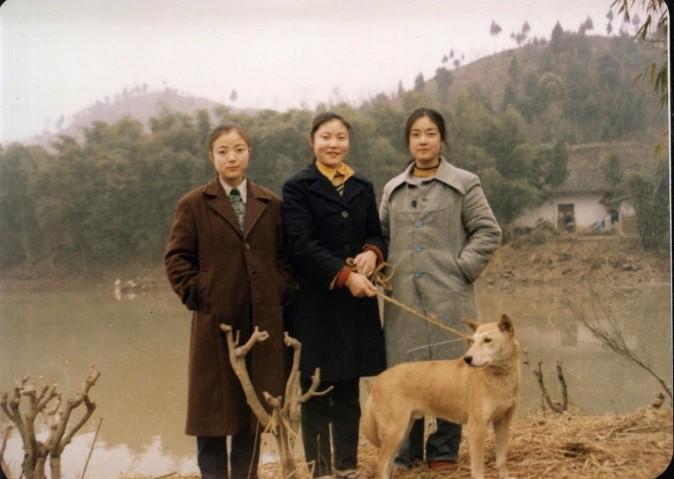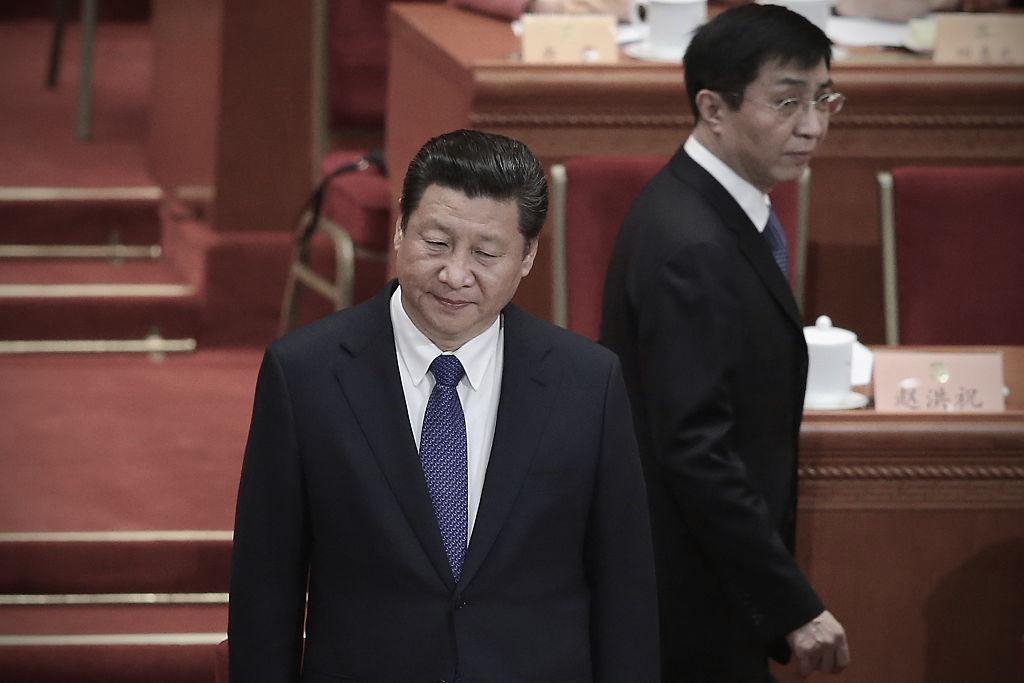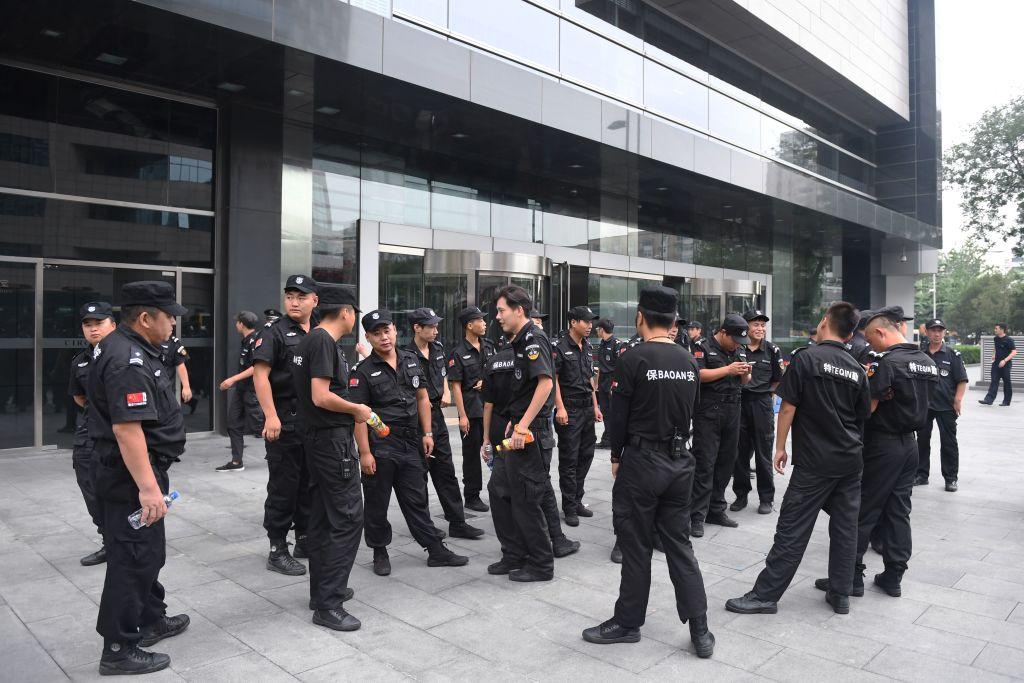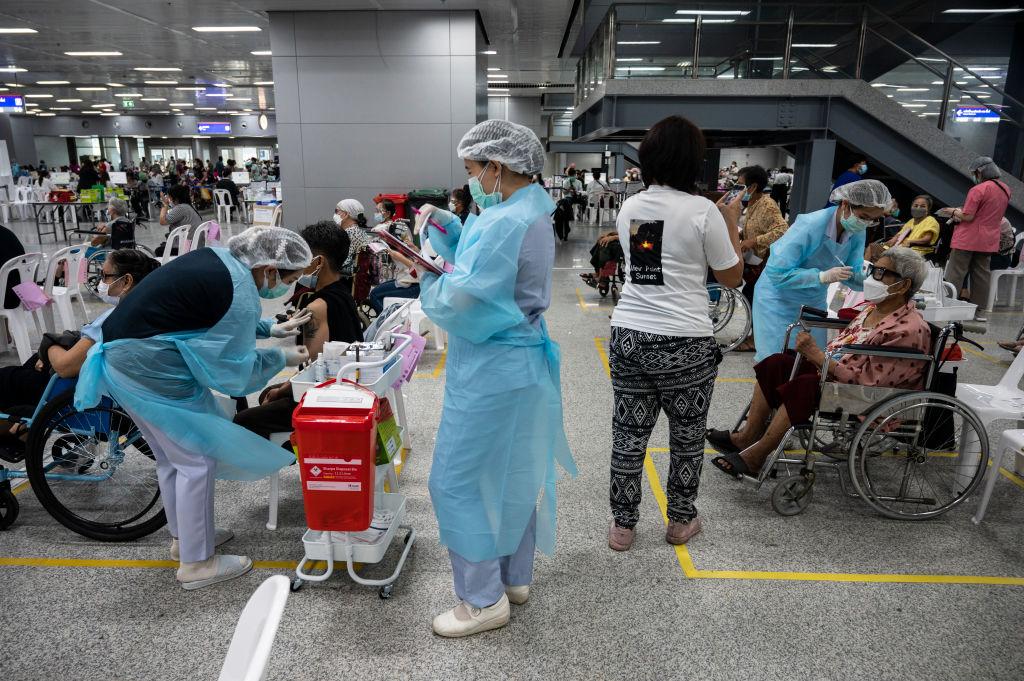1
My father was born into an ordinary peasant family in Chaozhong village, Zhongjiang County, Sichuan Province. It was said that my grandmother had given birth to 12 children, but only 9 survived. My father was the second eldest son in the family. With numerous younger brothers and sisters to look after, he was naturally expected to share the responsibility of supporting the family.
I didn’t have a chance to visit my father’s home village until the 1980’s, when I was already a high school student. Several of my uncles were still living in the shabby, old mud wall houses inherited from our ancestors, with literally no furniture inside, nor electricity. People still relied on dim kerosene lamps in the night.
To me, this kind of family should have fallen into the “absolute poverty” category. However, in 1949, when the Chinese Communist Party (CCP) categorized everyone in China into different classes after coming into power, my father’s family was classified as a “small land lessor.”




